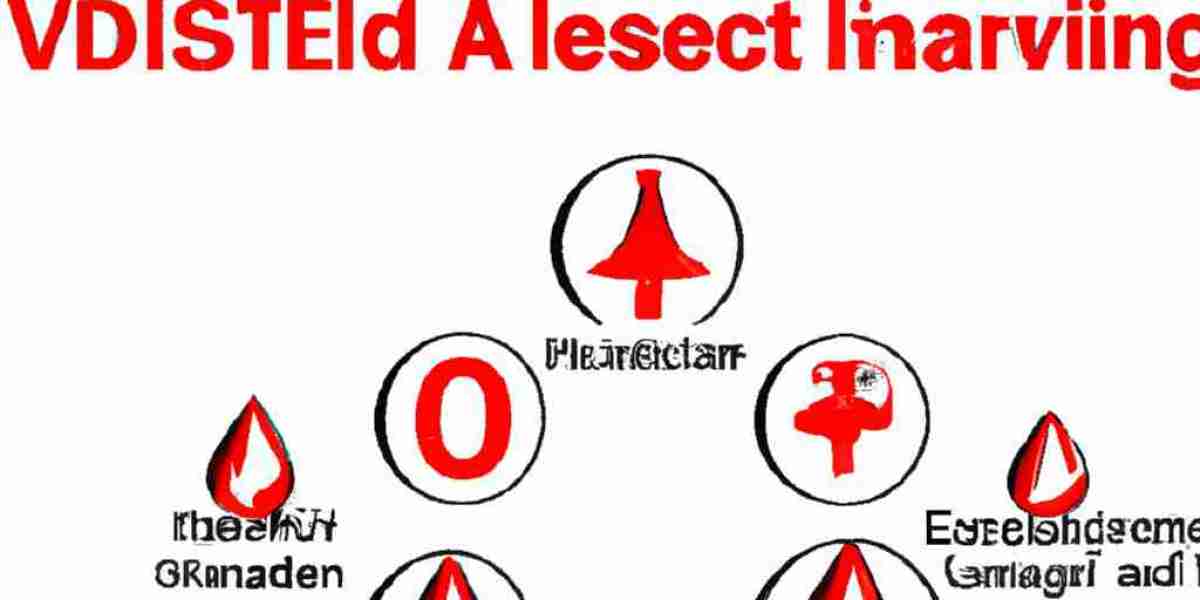Major Signs of HIV/AIDS
This article aims to provide an overview of the major signs and symptoms associated with HIV/AIDS. It is important to note that the presence of these symptoms does not necessarily indicate the presence of HIV/AIDS, as they can also be caused by other conditions. If you suspect you may have been exposed to HIV, it is essential to consult a healthcare professional for proper testing and diagnosis.
1. Early Symptoms
HIV (Human Immunodeficiency Virus) is a virus that attacks the immune system, gradually weakening its ability to fight off infections and diseases. During the early stages of HIV infection, some individuals may experience flu-like symptoms, referred to as acute retroviral syndrome. These symptoms can include:
- Fever
- Headache
- Fatigue
- Sore throat
- Swollen lymph nodes
2. Opportunistic Infections
As HIV progresses and weakens the immune system, individuals become more susceptible to various opportunistic infections. These infections are usually harmless in people with healthy immune systems, but can be severe in individuals with weakened immune systems due to HIV/AIDS. Some common opportunistic infections associated with HIV/AIDS include:
- Pneumonia
- Tuberculosis
- Thrush (oral Candidiasis)
- Shingles (herpes zoster)
- Recurrent yeast infections
3. Skin Problems
HIV/AIDS can manifest through various dermatological conditions. Skin problems associated with HIV/AIDS may include:
- Rashes
- Lesions
- Bumps or sores
- Severe acne
- Psoriasis
4. Gastrointestinal Issues
HIV/AIDS can also affect the gastrointestinal system, leading to various complications such as:
- Chronic diarrhea
- Nausea and vomiting
- Loss of appetite
- Weight loss
- Difficulty swallowing
5. Neurological Symptoms
As the virus progresses, it can impact the nervous system, resulting in neurological symptoms such as:
- Memory loss
- Depression
- Anxiety
- Peripheral neuropathy
- Difficulty concentrating or confusion
6. Sexual and Reproductive Health Issues
HIV/AIDS can have significant effects on sexual and reproductive health. Some associated symptoms and complications may include:
- Irregular menstrual cycles
- Genital sores or ulcers
- Recurrent urinary tract infections
- Infertility
- Sexual dysfunction
7. Mental Health Concerns
A diagnosis of HIV/AIDS can have a profound impact on mental and emotional well-being. Individuals may experience:
- Stress
- Anxiety
- Depression
- Feelings of isolation
- Emotional instability
If you suspect you may have been exposed to HIV or are experiencing any of these symptoms, it is crucial to seek medical attention promptly. Early diagnosis and access to appropriate medical care can significantly improve the management of HIV/AIDS and overall quality of life.







